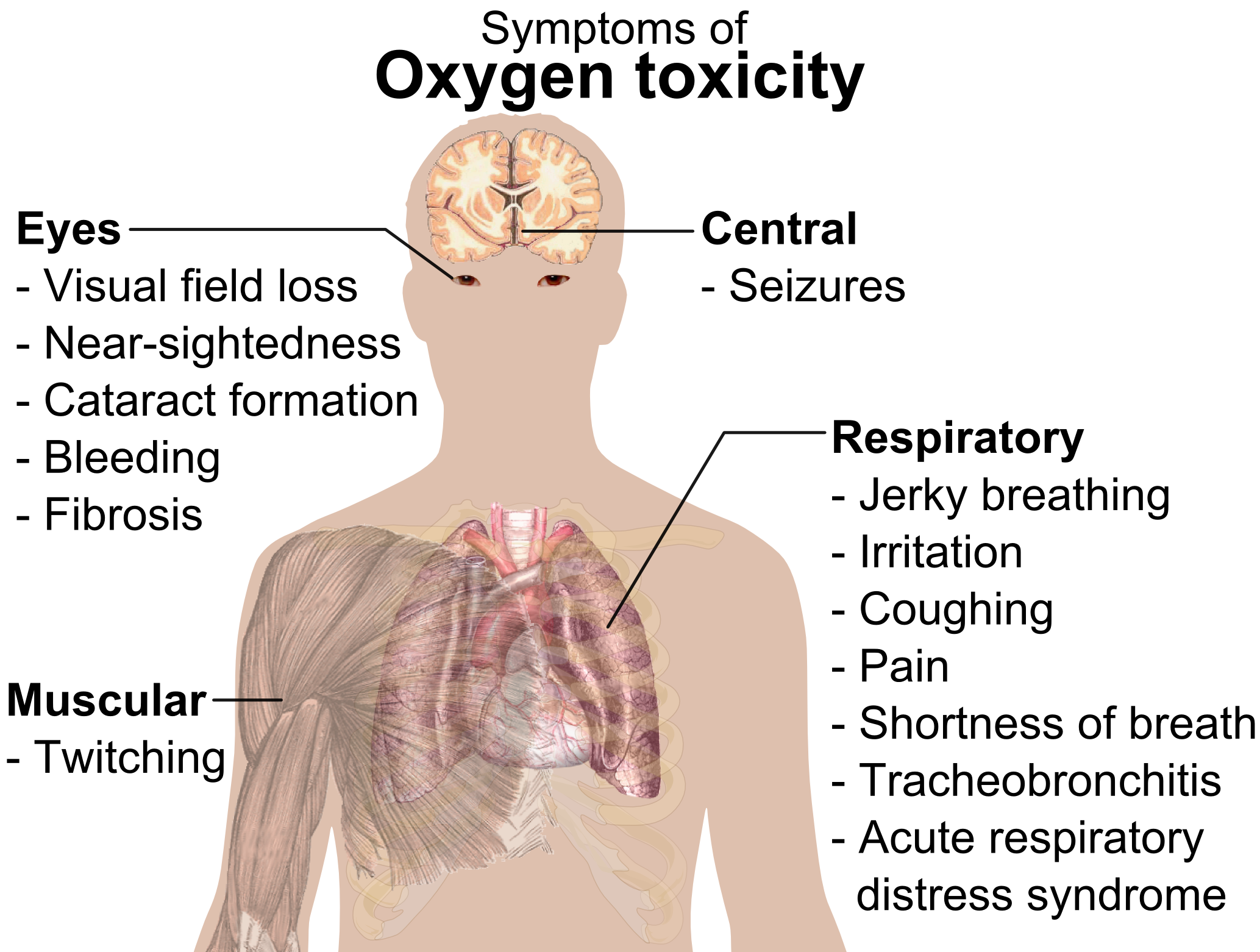Liver
Your liver is a vital organ of your body that is responsible for metabolism and body detoxification. Your liver plays a huge role in cancer development, especially if it is not functioning correctly. Many of the essential minerals obtained from the food you eat are stored in the liver. A dysfunctional liver, known as toxic hepatitis, only means that many of these nutrients are lost, which in turn leads to deficiency.
The liver also produces glutathione, one of the master antioxidants of your body. Glutathione’s role is crucial in attacking the free radicals that could be causing damage all over your body. This antioxidant also helps in slowing down the aging process so you can have more energy and live longer. Along with other antioxidants, glutathione can help prevent cancer; its deficiency is a major contributing factor to its development.
While cancer that was partially caused by the failure of the liver may not necessarily start in the liver itself, this organ is the one which most contributes to this disease. When the liver fails, the rest of the body succumbs.
Digestive System
The digestion process starts with you chewing the food you eat. After chewing, the food goes through many different stages in order to further break it down, absorb the nutrients in it, and eliminate the waste products. A healthy functioning digestive system is able to go through this entire process without much effort. Once the digestive system shuts down, also known as gastroperesis, your body can no longer get proper nourishment, and it won’t be able to rid your system of its waste. Such a catastrophe may lead to major illnesses, including cancer.
The gastrointestinal tract, another way to call the digestive system, includes your mouth, esophagus, stomach, small intestine, colon or large intestine, rectum, and anus. All of these parts work together in order to digest the foods that you eat and extract all vitamins and minerals you need from them. The digestive systems main responsibility is to obtain all the nutrients that your body needs. Simply put, when it fails to work, this would lead to vitamin deficiency. As previously discussed, there are at least 16 key vitamins and minerals that your body needs, their deficiency will be a major contributing factor to cancer.
Certain parts of your digestive system are prone to acquiring cancer due to various reasons, but mainly because of gastrointestinal disorders. What may seem to be simple constipation, irritable bowel syndrome, and diarrhea could actually be the onset symptoms of disease that could lead to cancer when left ignored. Colon cancer and rectal cancer may develop one after the other without being diagnosed at its early stages. Some of the reasons why gastrointestinal disorders occur are as follows:
- Lack of fiber that aids in digestion
- Large amounts of dairy in the diet
- Lack of exercise
- Stress
- Resisting the urge for bowel movements
- Overusing laxatives that may weaken bowel muscles
- Taking antacid medications, antidepressants, and narcotics
Paying close attention to digestive disorders is necessary in order to detect cancer during the early stages.
Colon
Your colon plays a very important role in the body. It is the main part of the digestive system that helps absorb water and nutrients from the food that you eat on a daily basis. It is also the part that eliminates wastes from the body. The food in your body moves through your digestive system through involuntary muscle contractions called peristalsis. During this process, your body starts absorbing the calories and nutrients from the food, moves them to the small intestine, and then excretes all waste products.
There are at least two factors that can affect the healthy functions of your colon and these are dehydration and mineral deficiency. When any part of the digestive system fails to work correctly, the process of breaking down food, absorbing nutrients, and removing waste from the body is disrupted. There are certain symptoms showing that the colon is not working properly, with constipation and diarrhea being the most common ones.
These symptoms may possibly lead to more complicated health issues. When these conditions are prolonged, it could lead to chronic illnesses and even cancer.


